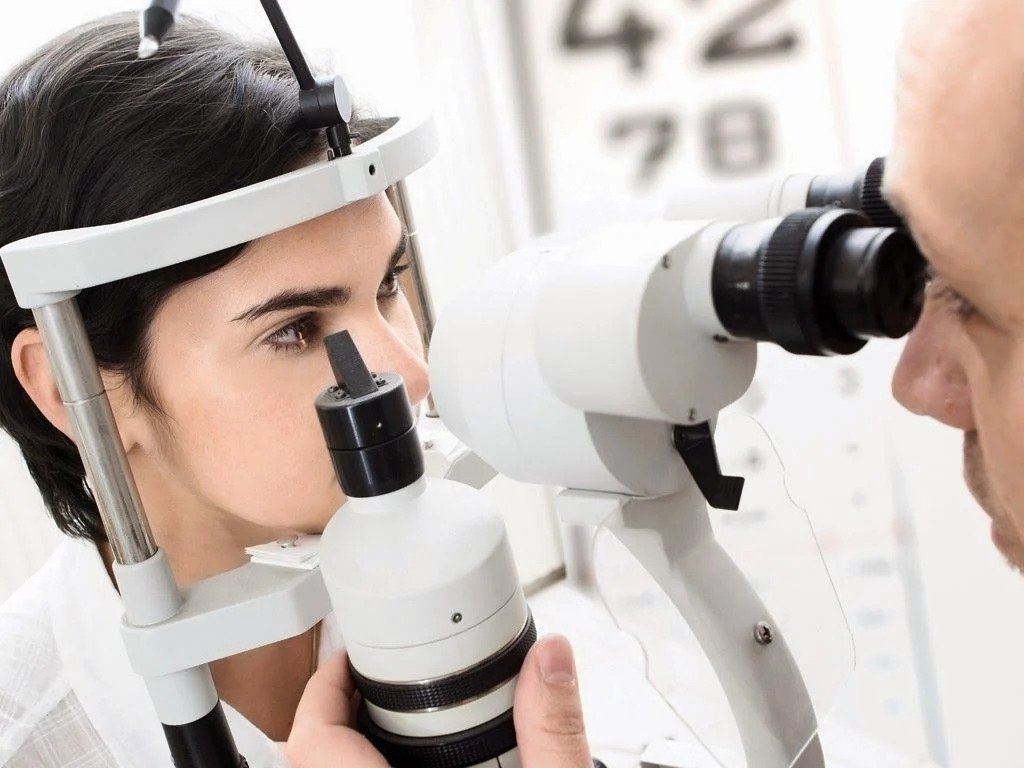
GLAUCOMA
WHAT IS GLAUCOMA?
Glaucoma is a condition that affects the eyes and should be treated right away. Most commonly a genetic disorder, glaucoma occurs when fluid pressure increases in the eye. If the fluid is not drained, it can continue to build, damaging the optic nerve. Once the nerve is injured, it cannot be repaired, and the result is permanent loss of vision. If left untreated for several years, total blindness can ensue.
At Advanced Laser and Cataract Center, we provide a safe, comfortable environment for patients to achieve healthy, functioning eyes. Our goal is for each patient who walks through our door to receive nothing short of the best eye care available.
AT RISK FOR GLAUCOMA
You may be wondering whether you are at risk for glaucoma. While anyone can potentially be affected by glaucoma, it is most prevalent in individuals who:
• Are over the age of 40
• Have family members with glaucoma
• Have medical conditions, such as diabetes
• Have vision problems – are nearsighted or farsighted
Vision loss caused by glaucoma is irreversible, which is why regular exams are important. Only a certified ophthalmologist can diagnose the disorder early on, before symptoms start occurring.
TYPES OF GLAUCOMA
There are two primary types of glaucoma, including:
Open-angle glaucoma, the most common type of glaucoma, occurs when the eye’s fluids do not flow through the eye’s drain correctly.
Angle-closure glaucoma occurs when there is a rapid development of pressure in the eye, caused by a narrow angle between the iris and cornea preventing proper drainage of fluids.
SYMPTOMS OF GLAUCOMA
It is important to see the eye doctor for regular checkups, particularly if you are over the age of 40, have poor eyesight, and have a family history of glaucoma. The goal is to catch and treat glaucoma early on, so the condition does not worsen. We also encourage patients to aware of symptoms, so they can seek treatment right away should they experience any. Symptoms of glaucoma include:
Loss of vision
Pain in the eyes
Eyes that appear hazy or are red
Seeing halos near lights
Nausea and/or vomiting
Narrowed vision, or tunnel vision
GLAUCOMA TREATMENT
The objective of glaucoma treatment is to reduce fluid buildup that puts pressure on the optical nerve, as damage to the optical nerve causes vision loss. There are three main glaucoma treatment options available depending on the patient’s case and medical history, including:
Prescription eye drops
Laser surgery
Microsurgery
The goal with each of these treatments is to reduce and eliminate fluid buildup in the eye so it does not damage the optical nerve, which ultimately causes loss of vision. Early intervention is imperative to prevent blindness and maintain ocular health.
LEARN MORE ABOUT GLAUCOMA
If you are experiencing symptoms of glaucoma, it is important to see a doctor right away. Additionally, if you are at risk for the condition, regular checkups can keep the eyes healthy and vision intact. To learn more about glaucoma treatment, contact our Oklahoma City eye center today.



